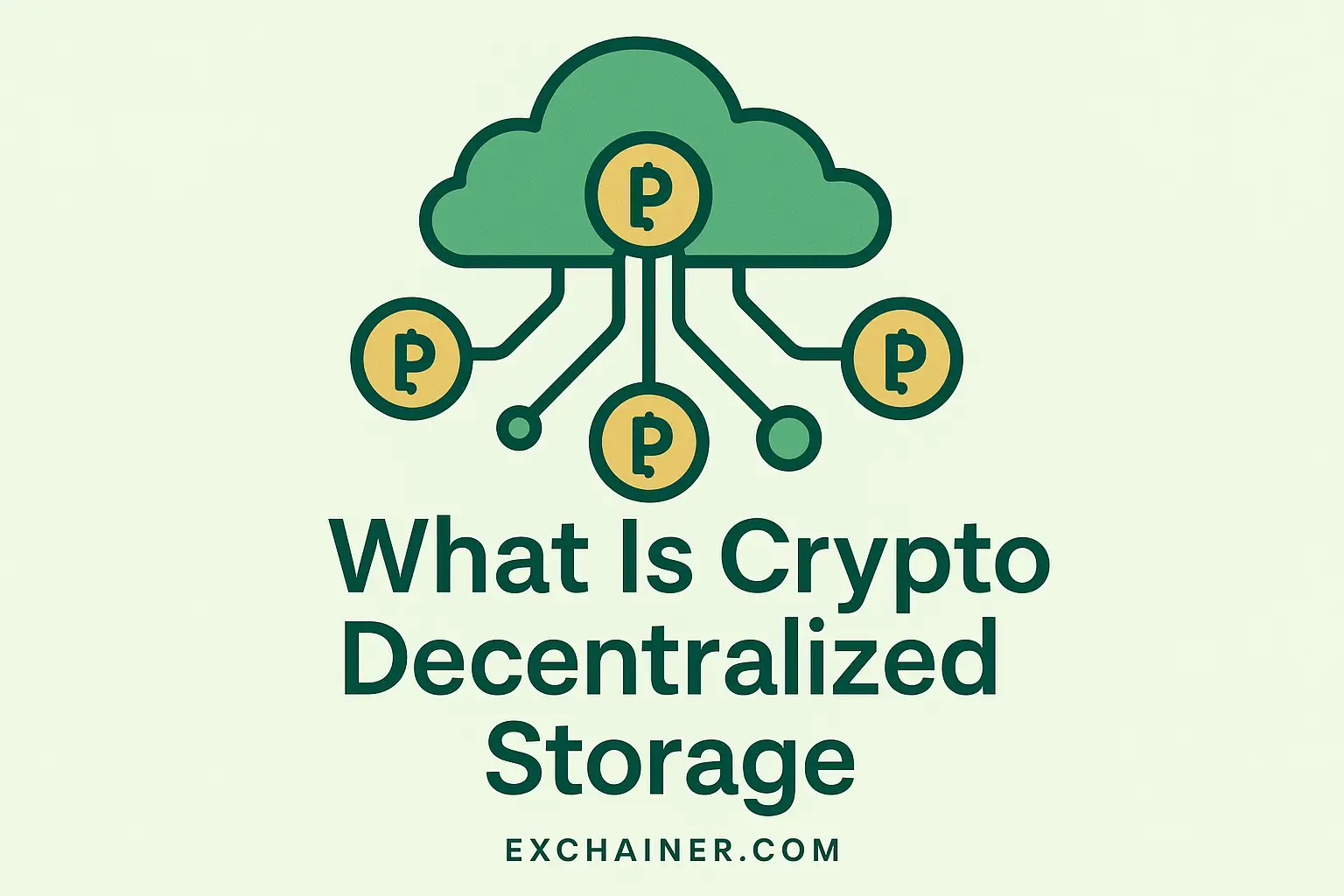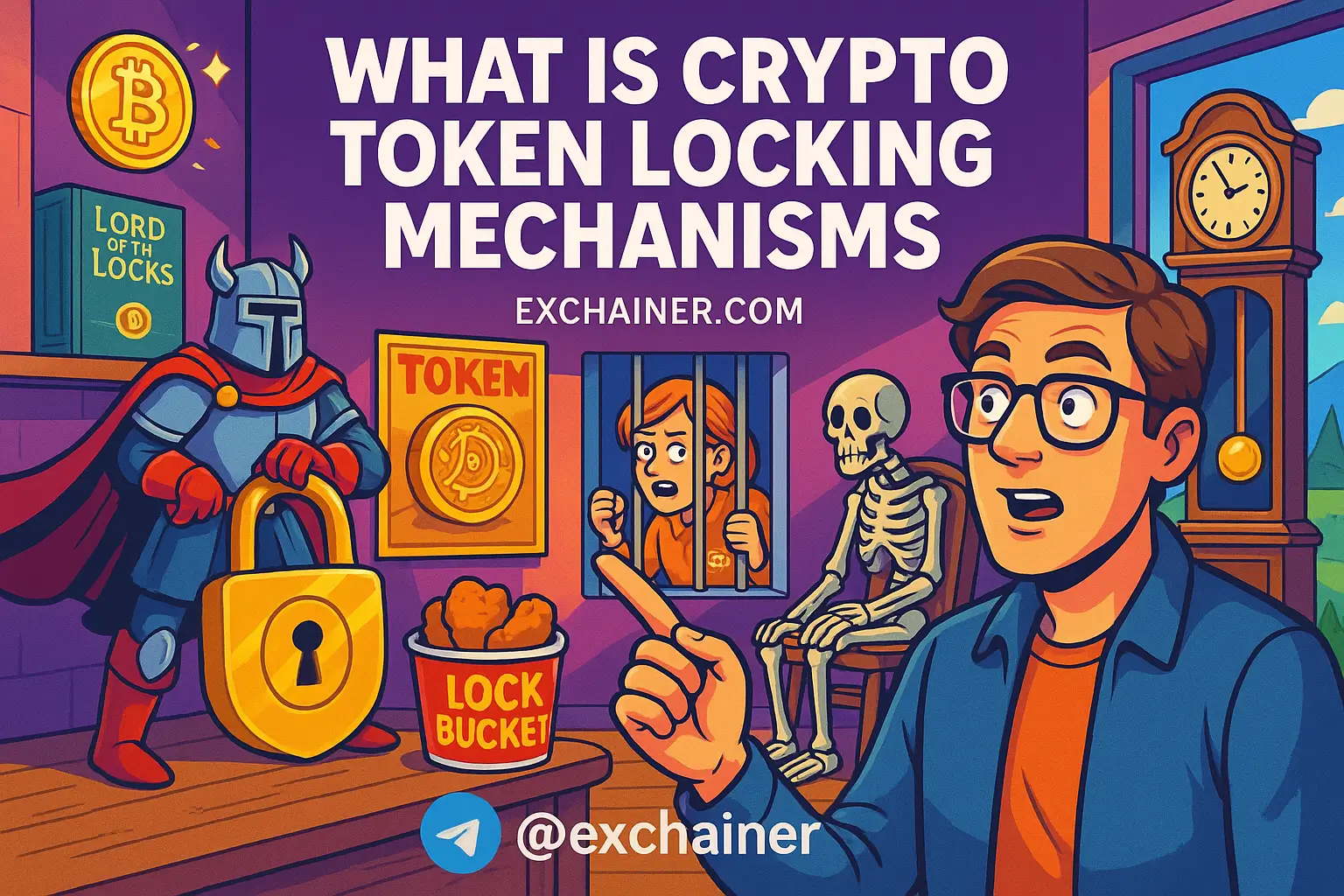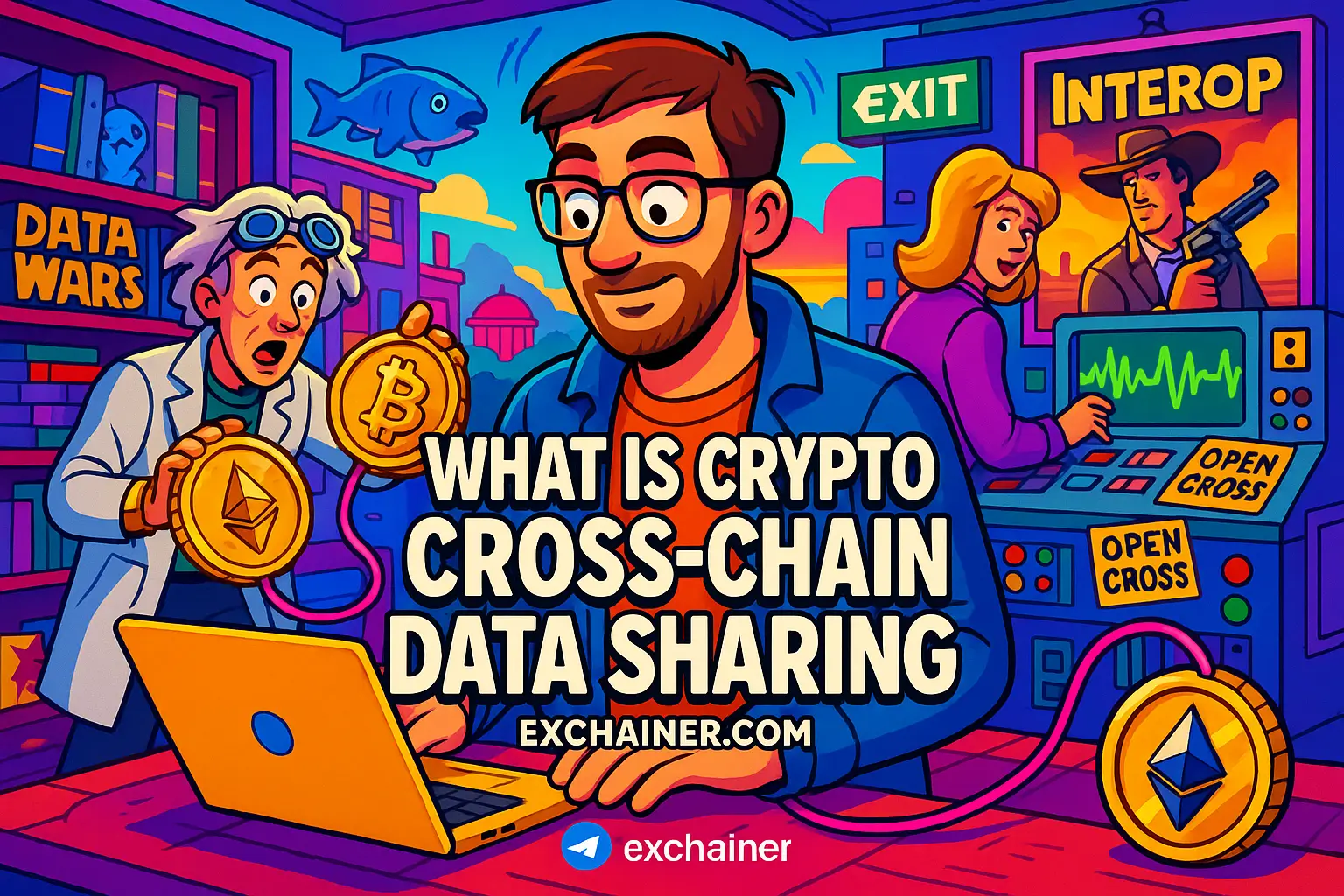Introduction
Friends, if you’ve ever wondered how the future of storing digital data might look, you’re in the right place! Today, we’re diving deep into decentralized storage, a concept that’s shaking up the traditional ways we keep files, photos, and important information safe online. As crypto continues to grow, so does the importance of new, innovative ways to manage data that don't rely on big centralized servers controlled by a few companies. You might ask, “What is decentralized storage exactly, and why should I care?” Well, this article will explain crypto decentralized storage from the ground up, making it super clear and easy to understand.
Whether you're a crypto beginner or have some experience, understanding decentralized storage is becoming essential. It’s not just tech jargon—it’s about privacy, security, and giving control back to people like you and me. Plus, knowing the basics of decentralized storage can help you make smarter decisions if you ever plan to use blockchain projects or trade digital currencies that rely on this tech.
Ready to get your mind blown by how digital currency and blockchain are changing the way data is stored? Let’s get into it!
What Is Decentralized Storage?
Decentralized storage is a new approach to saving digital data, where instead of storing information on a single server or data center, files are distributed across multiple computers or nodes around the world. Unlike traditional storage methods (think Google Drive or Dropbox), decentralized systems don't rely on one central authority. Instead, they use a network of contributors, often leveraging blockchain technology, to store and manage information.
Why is this a big deal? Centralized storage providers can be vulnerable to hacks, data breaches, censorship, and failure — think about all the times you heard about hackers stealing massive amounts of users' data. Decentralized storage, on the other hand, breaks a file into encrypted pieces and spreads it out across many locations, ensuring that it’s almost impossible for a single attack to compromise your data.
Imagine sending a puzzle to your friends, where each friend keeps only a piece. No one alone can see the full image, but when combined, the puzzle completes perfectly. That’s what decentralized storage does with your data!
How Does It Work?
It’s based on these core components:
- Encryption: Before your file gets shared, it’s encrypted, meaning nobody can peek at it unless they have your key.
- Sharding: The file is divided into many smaller pieces or “shards.”
- Distribution: These shards are stored on many independent nodes, spread out globally.
- Redundancy: The system keeps multiple copies to make sure data isn’t lost if some nodes go offline.
- Verification: Blockchain or similar tech is used to prove that each node properly stores your data, so you get your files intact.
Systems like these are powered by cryptocurrencies as incentives for people to share storage space safely and efficiently.
Why Decentralized Storage Matters in the Crypto World
If you’re diving into crypto and blockchain, you might have heard terms like “digital currency,” “blockchain,” and even “smart contracts.” But decentralized storage plays a crucial foundational role that often goes unnoticed. Here’s why it’s gaining so much traction:
1. Enhanced Security and Privacy
Traditional cloud storage puts your data in one basket and hands over control to centralized companies. In contrast, decentralized storage means no single point of failure or control. This is huge for people worried about privacy and vulnerability.
2. Resistance to Censorship
Remember, governments or big corporations can sometimes restrict or seize data on centralized servers. Decentralized storage prevents any single authority from censoring or deleting your files because the data is spread out and encrypted.
3. Cost-Effectiveness
Decentralized networks encourage users worldwide to share their unused storage. This competition drives costs down, making storage potentially cheaper over time compared to corporate cloud providers.
4. Empowering Users
This model returns ownership and control back to you. No big tech company will track your data or use it for advertising without your consent.
5. Integration with Blockchain Applications
Many blockchain projects require reliable decentralized storage to handle large amounts of data, like NFT images, decentralized apps (dApps), or decentralized finance (DeFi) platforms.
Popular Platforms Leading the Way
Some big names in decentralized storage that are worth knowing about:
- IPFS (InterPlanetary File System): Not a blockchain itself but a peer-to-peer protocol that underpins many decentralized storage solutions.
- Filecoin: Built on IPFS, this project rewards participants with FIL tokens for providing storage.
- Storj: A decentralized cloud storage platform utilizing blockchain to verify and secure data storage.
- Arweave: Focused on “permanent storage,” ideal for archiving important data forever.
More info on these projects can be found on their official sites or overview pages on CoinMarketCap.
Benefits of Using Decentralized Storage for Crypto Users
Okay, cool concept, but what does it mean for you practically? Here’s a breakdown of the advantages you’ll enjoy as a cryptocurrency enthusiast or trader:
1. Your Digital Assets Are Safer
Crypto assets like NFTs often store their metadata off-chain. If that metadata is on centralized servers, your prized NFT art or collectibles could disappear. Decentralized storage protects these assets long term.
2. Privacy Is Priority
Your transaction history and wallet details are already sensitive, so why trust your files and data to a company that could lose or sell your information? Decentralized storage keeps your footprint minimal and encrypted.
3. Access from Anywhere
Since files aren’t tied to one company's server, you can access them from different devices globally, without worrying about server downtimes.
4. You Can Earn Crypto
If you have spare hard drive space, you can rent it out to these decentralized networks and earn tokens, effectively turning your unused storage into passive income.
Common Use Cases
- Storing personal backups with higher security than traditional options
- Hosting decentralized websites that don’t rely on central servers
- Archiving blockchain transaction data or smart contract records
- Storing NFT data to ensure it can’t suddenly vanish
- Enabling distributed applications (dApps) with reliable storage
How to Get Started with Decentralized Storage
Thinking about trying decentralized storage? Here’s a simple step-by-step guide to get you started:
Step 1: Choose Your Platform
Start with user-friendly options like Storj or Filecoin. These have good community support and tools designed for both beginners and experienced users.
Step 2: Setup a Wallet
Most decentralized storage networks require you to have a crypto wallet to pay for storage or receive tokens if you provide space. Use secure wallets – hardware wallets are best for serious users.
Step 3: Buy or Earn Crypto Tokens
You’ll need tokens like FIL for Filecoin or STORJ for Storj to pay for storage space. These can be bought on major exchanges — check out our exchange reviews for trusted platforms.
Step 4: Upload and Manage Files
Use the official storage client or app to upload your encrypted files. You can monitor how storage contracts are doing and retrieve your data when needed.
Step 5: Consider Earning by Sharing Storage
If you have unused space, you can join as a node operator. It requires some technical know-how but can be rewarding in the long run.
Tips for Beginners
- Always keep your private keys safe; losing them means losing access.
- Start small: test by storing non-critical files first.
- Look for user reviews and community feedback on platforms.
- Stay informed by reading educational content at Exchainer Crypto 101.
- Use secure, updated software clients to avoid vulnerabilities.
Challenges and Considerations
Decentralized storage isn’t without its hurdles, so a quick heads-up is necessary:
1. Speed and Accessibility
Decentralized networks may be slower than centralized cloud providers due to file distribution and retrieval times.
2. Learning Curve
New users might find the concepts and setting up wallets or nodes confusing at first.
3. Regulatory Uncertainty
Since decentralized storage affects data ownership laws, some regions might impose restrictions or unclear regulations.
4. Data Permanence Costs
Permanent storage solutions like Arweave require upfront fees that can be higher than traditional storage, especially for large datasets.
Despite these challenges, the benefits often outweigh the drawbacks for users prioritizing privacy, security, and blockchain integration.
Conclusion
Friends, decentralized storage is a game changer in how we think about safeguarding our digital lives. By moving away from centralized servers controlled by big companies and toward a global, encrypted, and shared network, we gain better security, privacy, and ownership of our data. This is deeply connected to advances in the crypto world, where trust and transparency matter the most.
Whether you’re a casual crypto user, investor, or just curious about digital currency technology, understanding decentralized storage opens a new door to how data and digital assets are protected today and tomorrow. Remember, every innovation starts with understanding the basics— and you’re already ahead by reading this guide!
Ready to explore more about cryptocurrency and trading? Check out our detailed beginner guides at Crypto 101, find trusted exchange reviews at Exchange Reviews, and discover the best tools and wallets to manage your assets at Tools and Wallets. Your crypto journey is just beginning—let’s make it secure and smart together!












